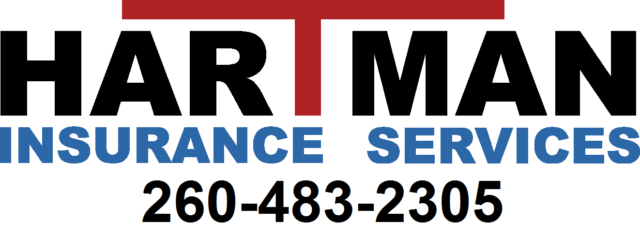Understanding Medicare Terminology
I have worked in the health insurance industry for 38 years, and I often have clients ask me questions about Medicare and how they are being billed. Medicare uses its own set of terminology and listed below is the most common ones used. Understanding the difference between coinsurance and copayment can help you understand how you are being billed for an office visit or procedure. It is a good feeling when you can understand what you will be responsible to pay BEFORE you schedule that upcoming surgery. As always, we are here to help educate you about how Medicare works for you. Please call our office at 260-483-2305 if you have any questions about your health insurance plan benefits. My staff and I are always happy to help!
Out-of-pocket – Health or prescription drug costs that you must pay on your own because they aren’t covered by Medicare or other insurance.
Premium – The periodic payment to Medicare, an insurance company, or a health care plan for health or prescription drug coverage.
Deductible – The amount you must pay for health care or prescriptions before Original Medicare, your Medicare Advantage Plan, your Medicare drug plan, or your other insurance begins to pay.
Coinsurance – An amount you may be required to pay as your share of the cost for services after you pay any deductibles. Coinsurance is usually a percentage (for example, 20%).
Copayment – An amount you may be required to pay as your share of the cost for a medical service or supply, like a doctor’s visit, hospital outpatient visit, or prescription drug. A copayment is usually a set amount, rather than a percentage. For example, you might pay $10 or $20 for a doctor’s visit or prescription drug.
Supplier – Generally, any company, person, or agency that gives you a medical item or service, except when you’re an inpatient in a hospital or skilled nursing facility.
Assignment – An agreement by your doctor, provider, or supplier to be paid directly by Medicare, to accept the payment amount Medicare approves for the service, and not to bill you for any more than the Medicare deductible and coinsurance.
Out-of-Network – A benefit that may be provided by your Medicare Advantage plan. Generally, this benefit gives you the choice to get plan services from outside of the plan’s network of health care providers. In some cases, your out-of-pocket costs may be higher for an out-of-network benefit.
Benefits – The health care items or services covered under a health insurance plan. Covered benefits and excluded services are defined in the health insurance plan’s coverage documents.
Medicaid – A joint federal and state program that helps with medical costs for some people with limited income and resources. Medicaid programs vary from state to state, but most health care costs are covered if you qualify for both Medicare and Medicaid.
Network – The facilities, providers, and suppliers your health insurer or plan has contracted with to provide health care services.
Please note, each year, plans set the amounts they charge for premiums, deductibles, and services. The plan (rather than Medicare) decides how much you pay for the covered services you get. What you pay the plan may change only once a year, on January 1.
Original Medicare is a fee-for-service health plan that has two parts: Part A (Hospital Insurance) and Part B (Medical Insurance). After you pay a deductible, Medicare pays its share of the Medicare-approved amount, and you pay your share (coinsurance and deductibles).
Medicare Advantage Part C – A type of Medicare health plan offered by a private company that contracts with Medicare. Medicare Advantage Plans provide all of your Part A and Part B benefits, with a few exclusions, for example, certain aspects of clinical trials which are covered by Original Medicare even though you’re still in the plan. Medicare Advantage Plans include:
• Health Maintenance Organizations
• Preferred Provider Organizations
• Private Fee-for-Service Plans
• Special Needs Plans
• Medicare Medical Savings Account Plans
If you’re enrolled in a Medicare Advantage Plan:
• Most Medicare services are covered through the plan
• Most Medicare services aren’t paid for by Original Medicare
• Most Medicare Advantage Plans offer prescription drug coverage.

